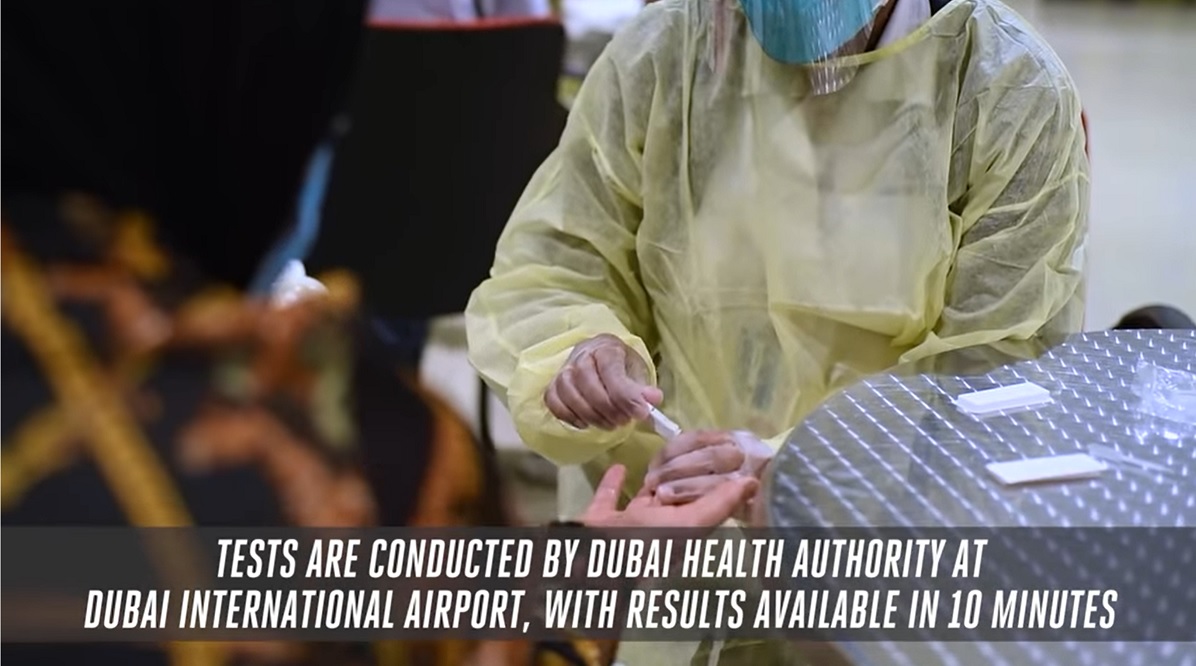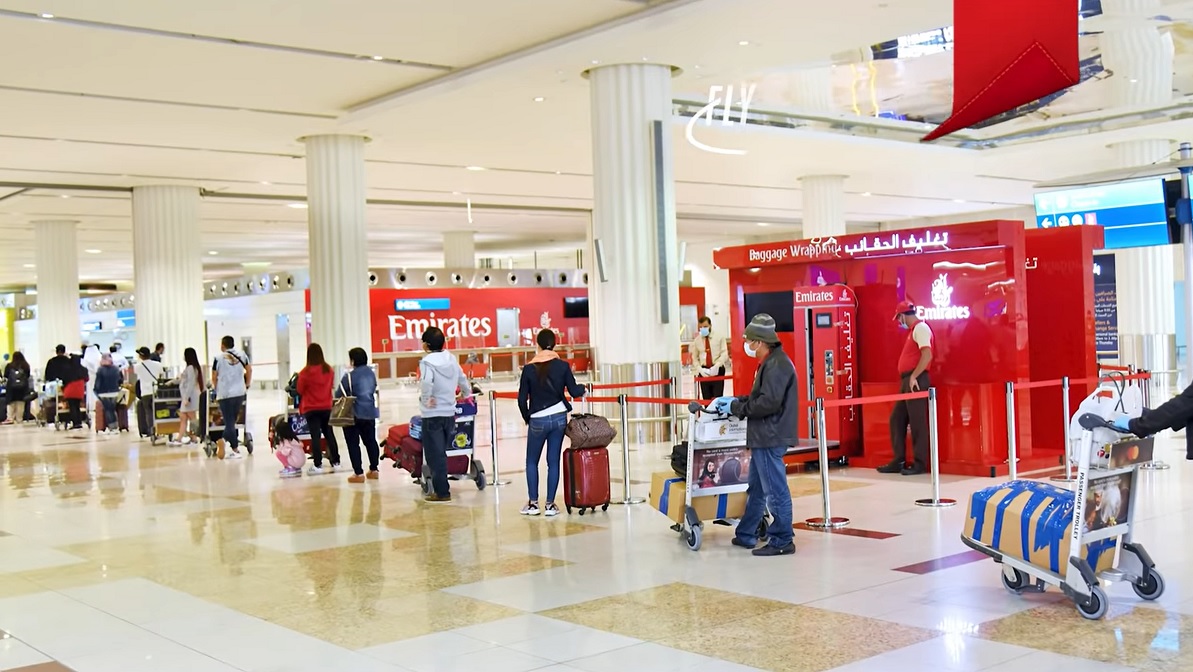One of the things that stands in the way of a return to travel is that governments aren't going to re-open their borders right away or in lock step with each other. We're likely to see a staggered approach, with varying requirements for each country.
As the global pandemic subsides it will not do so all at once. Some countries will recover more quickly than others. If there's a temperature and humidity effect that suppresses spread of the novel virus, then South America and Sub-Saharan Africa are in for a rough next few months as Europe and the United States begin to recover.
We may see borders remain closed, for fear of the virus re-entering countries that have largely been successful in limiting spread. We may see quarantines for all arriving passengers. And we may see tests required to show that passengers are free of the virus.
Emirates is already responding to countries that are requiring testing certificates for passengers who enter their countries. The airline says they're the first airline conducting on-site rapid COVID_19 tests for passengers. Testing is done at the Dubai airport, and results are available in 10 minutes.
The plan is to do testing on all passengers prior to boarding flights to countries that require COVID-19 test certificates for entry. For the first time a finger prick test was used prior to today's Dubai - Tunis, Tunisia flight.
If this is feasible at scale, then expect it to be a practice that spreads (and makes it easier for countries to require such a practice). Expect it to add to the time, hassle, and expense of travel, but also to open up borders faster.

Credit: Emirates
On the one hand it means a greater ability to open up countries' borders to international travel. On the other it shows that travel will remain cumbersome for quite some time.
Notably passengers are shown waiting in long lines for the tests - they aren't social distanced prior to being cleared for travel. So hopefully no one that's intending to fly tests positive. Passengers are currently required to wear masks, though, both in the airport and inflight (even after testing negative for the virus).

Credit: Emirates
Emirates staff though are protected from passengers via barriers installed at check-in desks, and all employees are required to wear masks and gloves. They're also requiring most carry on bags be checked - only laptop bags, hand bags, infant bags, and the like can be carrier on board.
Meanwhile 70 miles away from Dubai, Abu Dhabi-based Etihad Airways is trialing check-in kiosks that will monitor passenger health - temperature, heart rate, and respiratory rate. This won't eliminate asymptomatic spread but it's one layer of protection to identify passengers who may be health risks prior to boarding an aircraft.
Etihad's move appears to be designed to reduce exposure of passengers and crew to unhealthy passengers. Emirates testing is designed to satisfy requirements of destination countries that will require it, in order to make travel possible, as the airline does not have plans to roll this out more broadly across all destinations where it isn't currently required.
(HT: One Mile at a Time)